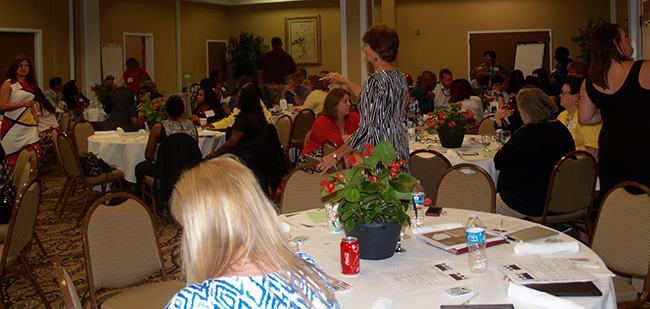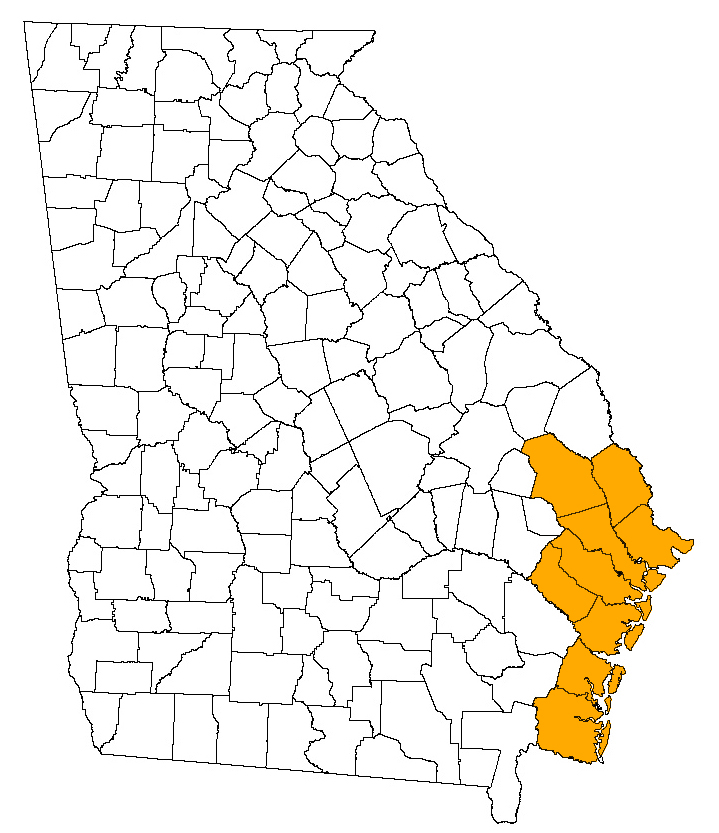Summit Offers Hope for Families Struggling with Mental and Behavioral Health Issues
Print This Post
When therapy and medical services are difficult to access, cost too much, or don’t meet a community’s needs, families are forced to let mental and behavioral health problems escalate. Like any other untreated disease, the symptoms become increasingly invasive, manifesting themselves into community plagues, like child abuse and neglect, generational poverty, and drug addiction.
Families who live in the rural areas of Georgia’s coastal counties are contending with these and a host of other issues. So last year—thanks to a $20,000 grant from the Verizon Foundation, with support from Georgia Family Connection Partnership—Georgia Family Connection Collaboratives from the nine counties in Region 12 set out to discover why the medical and behavioral resources that are already available are not being used to their fullest potential.
Georgia Family Connection
|
Bryan County Family Connection Bulloch County Commission on Human Services, Inc. Camden Community Alliance and Resources, Inc. |
They went into their communities and asked: “How can we help families in need access the services that would help them thrive?”
The Collaboratives sent out more than 10,000 surveys from August through December 2014, then in May, convened service providers, consumers, policymakers, and advocates for a summit in Brunswick to discuss the survey results and begin to bring solutions to unreached sectors.
“We’re coming up with collaborative ways of improving access to mental and behavioral health services,” said Edward Chisolm, executive director of Youth Futures Authority, the Chatham County Family Connection Collaborative. “No person, no organization, no state agency can do this work alone. It’s going to take all of us working together to have collective impact, so we’re off to a good start. And we thank Verizon for having faith in us. They had the resources and a concept, we had an idea, and the marriage worked.”
According to the survey, 73 percent of the people in the region suffering from serious mental health problems are not receiving support. These are the primary barriers standing between suffering and hope for families struggling with mental and behavioral health issues:
|
The most serious and most prevalent mental health issues in Region 12 are:
|
The survey respondents revealed their most needed services for these problems to be, in order of importance:
|
Participants at the summit all agreed that they need to conduct further research, because they lack easily accessible data that would paint a complete picture of the area’s mental health needs and resources. They also recognized the need to improve access to services for families if they are to prevent victimization.
“We believe that bringing the right partners together to work in a collaborative effort to close this service gap will reduce the occurrence of domestic violence, juvenile delinquency, child abuse and neglect, as well as other social problems in the region,” said project consultant Celeste Orr.
The goals for Region 12, based on the findings, are to raise awareness, gather feedback, find solutions, and strengthen the areas where Georgia Family Connection is already strong, by forging partnerships and exploring collaborative solutions.
Some key action areas going forward include pursuing telehealth mental health services, education for law enforcement, awareness campaigns based on knowledge gained from the surveys, and developing a continuum of care.
“There are more and more untreated, or even worse, sporadically treated mental health and substance abuse issues in all areas of the school population,” wrote one respondent on the survey.
Another comment, simply put, revealed how systemic and deep untreated mental health problems can go. “We need more trained professionals in the community willing to serve the poorest populations. The lack of services in the community pushes the effects and consequences into the school system and impedes academic growth.”
Kelly Duncan of Georgia Partnership for TeleHealth participated in the summit to offer her perspective of how counties without access to child psychiatry could reach doctors in nearby metropolitan areas.
“There aren’t many school-based clinics available to our students to use telehealth to bring psychiatrists into the school system,” she said. “We implement an entire telehealth system. It’s video conferencing on HIPAA-compliant networks.
In the coming months, the region’s Collaborative leaders will continue working with community stakeholders, policymakers, and funders to improve access to mental and behavioral health services for everyone.
“It’s not really about the data,” said Orr. “It’s about the families that are going to be served in a better way because of what we did here, today.”
Read the findings report.
Read the companion document.
For more information, contact Celeste Orr at celeste@wanderingnation.com or Region 12 community support specialist Lisa Brewer at lisa@gafcp.org.

